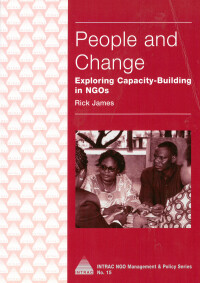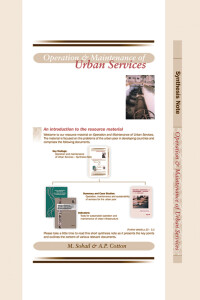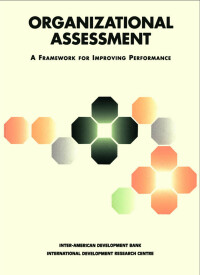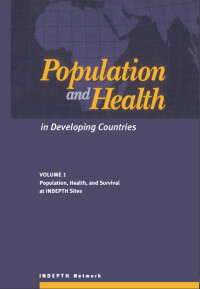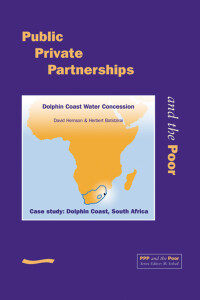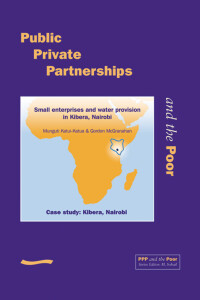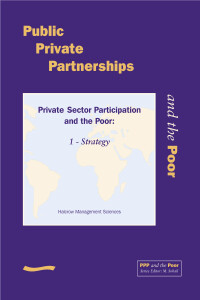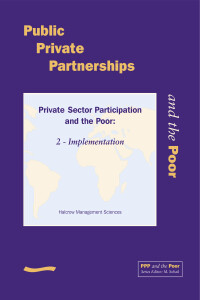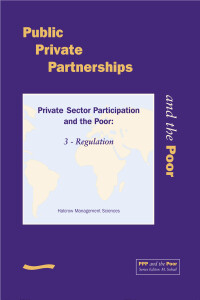Development studies
-
People and Change
People and Change is about improving the impact of capacity building. Based on many years of practical experiences with NGOs, largely in Africa, this book argues that for capacity building programmes to be more effective we must: better appreciate the complex and highly personal dimensions to organi...
-
Haiti In Focus
During two centuries of independence from colonial rule, Haiti has developed into a society quite distinct from those found in the rest of the region. Hollywood-derived images of black magic, and Graham Green-inspired conceptions of a "nightmare republic" do scant justice to the reality of life for...
-
Operation and Maintenance of Urban Services: A synthesis note
This synthesis note introduces other resource material availiable on the operation and maintenance (O&M) of urban services. Designed for policy-makers who need to optimize investments in services for the urban poor and professional staff employed in public utilities in developing countries, it also...
-
Organizational Assessment
Charles Lusthaus, George Plinio, Gary Anderson, Marie Helene Carden
Organizational Assessment: A framework for improving performance
-
Population and Health in Developing Countries Volume 1
Population and Health in Developing Countries: Volume 1. Poulation, health, and survival at INDEPTH sites
-
PPP and the Poor: Case Study - Dolphin Coast, South Africa. Dolphin Coast water concession
The purpose of the project Public Private Partnerships and the Poor in Water and Sanitation is to determine workable processes whereby the needs of the poor are promoted in strategies which encourage public-private partnerships (PPP) in the provision of water supply and sanitation services. One of t...
-
PPP and the Poor: Case Study - Kibera. Small Water Enterprises and Water Provision in Kibera, Nairobi
The purpose of the project Public Private Partnerships and the Poor in Water and Sanitation is to determine workable processes whereby the needs of the poor are promoted in strategies which encourage public-private partnerships (PPP) in the provision of water supply and sanitation services. One of t...
-
PPP and the Poor: Private Sector Participation and the Poor, 1 - Strategy
The purpose of the project Public Private Partnerships and the Poor in Water and Sanitation is to determine workable processes whereby the needs of the poor are promoted in strategies which encourage public-private partnerships (PPP) in the provision of water supply and sanitation services. One of t...
-
PPP and the Poor: Private Sector Participation and the Poor, 2 - Implementation
The purpose of the project Public Private Partnerships and the Poor in Water and Sanitation is to determine workable processes whereby the needs of the poor are promoted in strategies which encourage public-private partnerships (PPP) in the provision of water supply and sanitation services. One of t...
-
PPP and the Poor: Private Sector Participation and the Poor, 3 - Regulation
The purpose of the project Public Private Partnerships and the Poor in Water and Sanitation is to determine workable processes whereby the needs of the poor are promoted in strategies which encourage public-private partnerships (PPP) in the provision of water supply and sanitation services. One of t...

